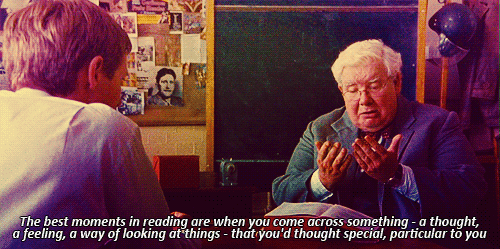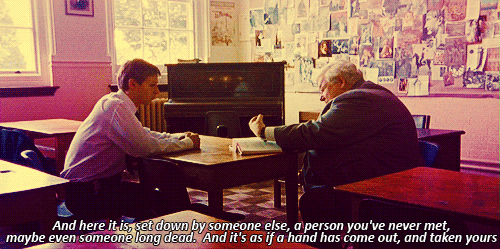Anyway, there was one song that the entire crowd seemed to know. And when it came on, all the Israelis in my group got really into it and sang along. And one of them told me it was one of the most important Israeli songs ever, especially for Sephardic (Spanish heritage) Jews. Later on in the trip when we were in the Negev desert at the Bedouin tent, all of the Israelis sang it for us and danced. In Ben Gurion airport on the way home, I stopped in music store and asked if they had "um... I think it's called Haperach Begani?" He looked at me like "duh, of course we do." And on the flight to Kiev, my two seatmates were Israeli, and asked if I liked any Israeli music, and I said this song, and they laughed and started to sing it.
I know most of the words just phonetically. I knew the meaning vaguely from Rivka's translation as it played in the shuk: "It's a love song. You're the flower in my garden."
But as I've learned Hebrew over this past year, my appreciation for it has really grown. The meaning has come together and it's made me really admire the rhyming and the phrasing.
One thing I've noticed is that it's definitely a love song, but specifically one from a man to a woman.
One interesting thing about Hebrew is that almost everything has a gender. Like French, nouns have genders. However, in Hebrew, pronouns and verbs also have genders. So "you" feminine is "At" and "you" masculine is "Atah." So you always know the gender of the subject of a love song - and the gender of the singer, as well. "Ani" means "I" regardless of gender, however, if the verb "remember" in "I remember" is in masculine form, then you know "Ani" is masculine as well.
So the chorus:
At olami im shachar
You are my world at dawn.
at li kol hayom
You are mine all day.
at olami balayla
You are my world at night.
at hachalom.
You are the dream.
At bedami beruchi u'levavi
You are in my blood, my spirit and in my heart.
at ha'nicho'ach hamatok
You are the sweet fragrance,
haperach begani.
the flower in my garden.
Is specifically about a woman. Now, most people would guess this based on subject matter alone... men are rarely likened to flowers, except maybe in Ancient Greece. But I wonder if there are other songs which might otherwise be more ambiguous. I wonder about larger cultural differences stemming from the lack of there ever being gender ambiguity.
On the other end of the spectrum, look at one of my absolute favorite love songs, Iowa, by Dar Williams:
The first verse:
I've never had a way with women
But the hills of Iowa make me wish that I could
And I've never found a way to say I love you
But if the chance came by, oh I...
I would.
But way back where I come from
We never mean to bother
We don't like to make our passions other people's concern
And we walk in a world of safe people
And at night we walk into our houses
And burn.
There are a lot of questions, here. Dar wrote this song, she's not covering it. So...
1) Is she writing from a masculine point of view?
2) Or is this a lesbian love song?
3) Or are ways with women independent from the love she's singing about?
For the record, Dar is married to a man and has children and her other songs seem to be about men.
Anyway, this kind of ambiguity wouldn't really be possible in a language where "you" can't be ambiguous. We'd know for certain if she's singing to a man or a woman, and her gendered verbs would also indicate if she's singing AS a man or a woman.
One thing I wonder about in Israel is... if a woman were singing HaPerach Begani, would she sing it as is, or change the genders of everything? Is there a tradition on this? Is it scandalous to do the latter? I'm sure it would be easy enough to find out. I'll post back here when I have an answer :)

